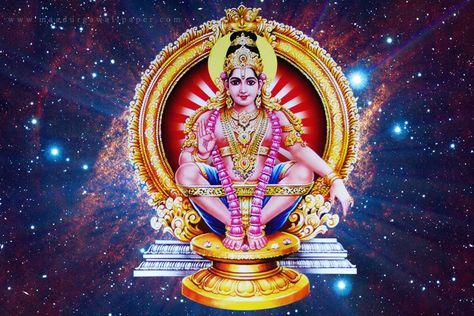
Dakshinamurthy is a form of Lord Shiva, the Hindu god of destruction and transformation, in his aspect as the “Teacher of the South.” The term “Dakshinamurthy” is derived from two Sanskrit words: “Dakshina,” which means “south,” and “Murthy,” which means “form” or “image.” This form of Shiva is often depicted as a teacher who imparts knowledge to his disciples in a silent and profound manner.
Key features and symbolism associated with Dakshinamurthy include:
- Silent Teaching: Dakshinamurthy is often shown seated under a banyan tree in a meditative posture, with one foot resting on a demon (representing ignorance). He is usually depicted as young and radiant. The imagery conveys the idea that knowledge is not always conveyed through words but can be transmitted through silence and inner realization.
- Gesture (Mudra): Dakshinamurthy is depicted with his right hand in the gesture of teaching (chin mudra), symbolizing the bestowing of knowledge and wisdom.
- Four Disciples: In some depictions, Dakshinamurthy is surrounded by four disciples who are receiving spiritual instruction. These disciples represent the four Vedas—Rigveda, Samaveda, Atharvaveda, and Yajurveda.
- Representation of Time (Kala): The image of Dakshinamurthy is also associated with the concept of time, representing the eternal cosmic cycle. The crescent moon on his head and the flowing Ganges River from his hair symbolize the cyclical nature of time.
- Deer and Snake: Dakshinamurthy may be accompanied by a deer and a snake. The deer symbolizes the mind, which is restless and constantly moving, while the snake represents the divine knowledge that can control the mind.
- Scriptures: Dakshinamurthy is often associated with the scriptures and is considered the ultimate source of all knowledge contained in the Vedas and Upanishads.
The form of Dakshinamurthy is highly revered in Hinduism, especially in the Advaita Vedanta tradition, where the emphasis is on non-dualism and the realization of the ultimate reality (Brahman). The silence of Dakshinamurthy represents the transcendental knowledge that goes beyond words and concepts.
Devotees seek the blessings of Dakshinamurthy for wisdom, understanding, and spiritual realization. Temples dedicated to Dakshinamurthy can be found in various parts of India.
